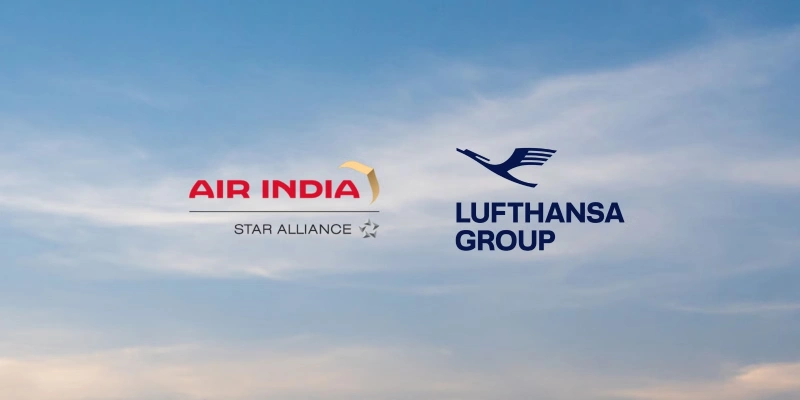Brazilian aviation has taken center stage with the announcement of a possible merger between airlines Gol and Azul. This move, supported by the Brazilian government, promises to reshape the aviation landscape in Latin America’s largest economy.
Merger Context
Brazil’s Ministry of Ports and Airports, led by Silvio Costa Filho, has expressed its support for this merger, arguing that it would strengthen the national aviation sector and prevent the potential bankruptcy of one of the companies involved. Azul and Abra Group, the main shareholder of Gol and Avianca, recently signed a non-binding memorandum of understanding to combine their operations in Brazil.
If finalized, the new company would control approximately 60% of the domestic market, far surpassing the 40% currently held by LATAM Airlines in the country.
→ GOL inaugurates flights between São Paulo and Aruba
Mixed Reactions: Benefits and Challenges
The potential merger has sparked divided opinions. On one hand, Costa Filho emphasized that this alliance would help preserve jobs, reduce financial costs, and improve connectivity. In a context where Latin American airlines face high debt levels since the COVID-19 pandemic, this measure could provide stability to the sector. It is worth noting that Gol has been undergoing bankruptcy restructuring in the United States (Chapter 11) since early 2024, while Azul recently negotiated with lessors to convert debt into equity stakes.
On the other hand, critics such as Gesner Oliveira, former head of the antitrust regulator CADE, argue that the country needs more competition, not less. Jerome Cadier, LATAM’s leader in Brazil, expressed concerns about the potential impact on ticket prices and called for “serious mitigation measures” to ensure competitive conditions.
Role of Government and the Impact on Consumers
Brazilian President Luiz Inácio Lula da Silva has closely followed the negotiations, supporting the merger as a strategy to avoid the loss of a national airline and ensure that Brazilians have access to affordable airfares. According to sources close to the president, the operation would allow both companies to operate under their individual brands but with a combined structure that would increase capacity and supply.
Executives from Azul and Gol have emphasized that their goal is not to raise prices but to achieve profitability through volume and the expansion of their regional flight network. In fact, Azul CEO John Rodgerson stated that increased capacity would be key to addressing pricing issues, while Costa Filho highlighted that fares could even decrease if management is optimized and connectivity expanded.
Regulator’s Role and Next Steps
Brazil’s Economic Defense Authority (CADE) will play a crucial role in this operation. Alexandre Souza, the agency’s superintendent, assured that competitive conditions will be rigorously examined. While the low route overlap between Azul and Gol is seen as a positive factor by JPMorgan analysts, the process will be subject to strict monitoring and detailed discussions, with a potential resolution by 2026.
Source: Reuters
Related Topics
Embraer and Adani Defence & Aerospace Elevate Alliance: Agreement for an E175 Final Assembly Line in India
Lufthansa Group and Air India Sign MoU for Joint Business Agreement Following EU-India Free Trade Deal
Air India Fined $110,350 for Operating Airbus A320 Without Valid Airworthiness Certificate
AirAsia X Launches Kuala Lumpur-Bahrain-London Route, Establishing Bahrain as Its First Strategic Hub Outside Asia

Plataforma Informativa de Aviación Comercial con 13 años de trayectoria.




